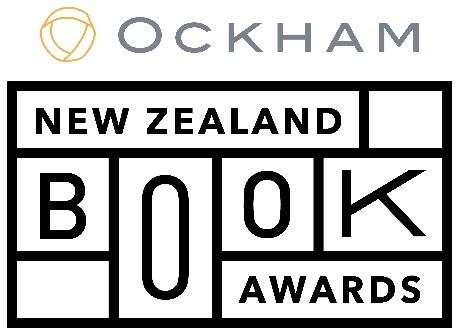The story of a lonely, tormented schoolboy has captured the heart of a celebrated New Zealand poet and novelist to win the top prize in this year’s Sunday Star-Times short story awards.
Dominic Hoey’s story 1986 is a sharply observant social commentary on the Grey Lynn neighbourhood in the days before gentrification, told through the eyes of a boy who is the subject of the school bully’s attention.
Award judge Rosetta Allan described it as “a power-packed story of dread and sadness, as well as tenderness and retribution. A story that lingers past the last sentence.”
Hoey, who is a poet, author, playwright and youth worker, took out the Open category and $6000 in prize money.
Dominic’s debut novel, Iceland, was long-listed for the 2018 Ockham Book Award and spent six weeks on the New Zealand best seller list.
His one-man show Your Heart Looks Like a Vagina, a dark comedy about living with Autoimmune disease, had three sell-out runs in New Zealand and was performed at the Brisbane Poetry Festival in 2017. 
And in 2018 Dominic received the Creative New Zealand, Todd New Writer’s Bursary to work on his second novel, Don’t You Wanna Be Rich which will be released in 2022.
Sunday Star-Times Editor Tracy Watkins said the awards, now in their 38th year, are among New Zealand’s most prestigious and established writing prizes and have helped launch the careers of many well-known writers.
“It’s always exciting to see the judges’ decisions and this year’s winning stories were all incredibly moving, and beautifully written.”
Maja Ranzinger won the Under 25 category, judged by Tinderbox author Megan Dunn. Ranzinger’s story Papatūānuku used just 600 words of the 2,000 category limit to win the highly competitive award. It imagines the myth of creation, as though a domestic drama, between an artist mother and her son.
Dunn said of Papatūānuku; “How do you create a world in so few words? And by the end leave the reader emotionally jolted—ideally both shaken and stirred. This story had a point of view that kept me curious, and the reversal of fates at the end sent me back to the start to read it all over again.”
Shannon Spencer (Ngāti Raukawa) won Emerging Māori Writer for her story Tungāne, as judged by renowned author Patricia Grace. Tungāne is a story of love and the relationships between the main character and her brother and mother. “It’s emotive, evocative, yet at the same time understated,” said Grace.
Elsie Uini won Emerging Pasifka Writer, judged by award-winning author Amy McDaid. Her story, No Small Thing, is tender and moving, told through the point of view of a young Samoan woman who straddles two worlds, living Fa’a Samoa at home and church, while moulding a second identity to fit into her palangi workplace.
McDaid praised Uini’s clean prose, sharp dialogue and her “ability to tackle a sensitive topic with grace and honesty.”
The Emerging Māori Writer and Emerging Pasifika Writer categories were added in 2021, thanks to the generous support of The Milford Foundation, who joined long-standing awards partner Penguin Random House New Zealand. The two new category winners, along with the Under 25 winner, each took away $1000 prize money.
This year’s awards attracted almost 900 entries, 200 more than last year, in part thanks to the additional categories drawing the interest of newer writers. Entries closed in late October and the judges spent the last month poring over the submissions.
Entries were judged anonymously and the winning stories will be published in the Sunday Star-Times and on Stuff from 26 December onwards.




